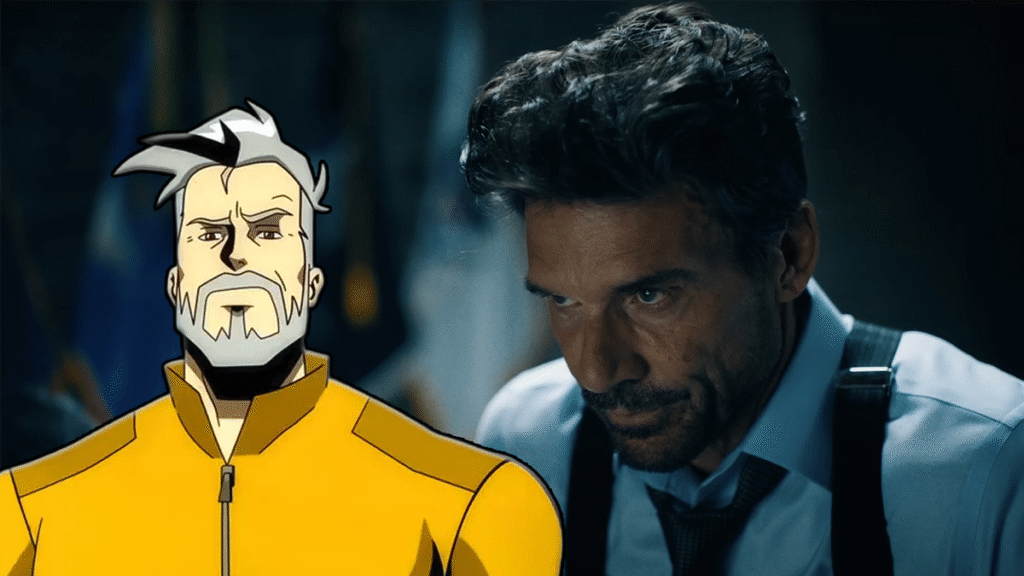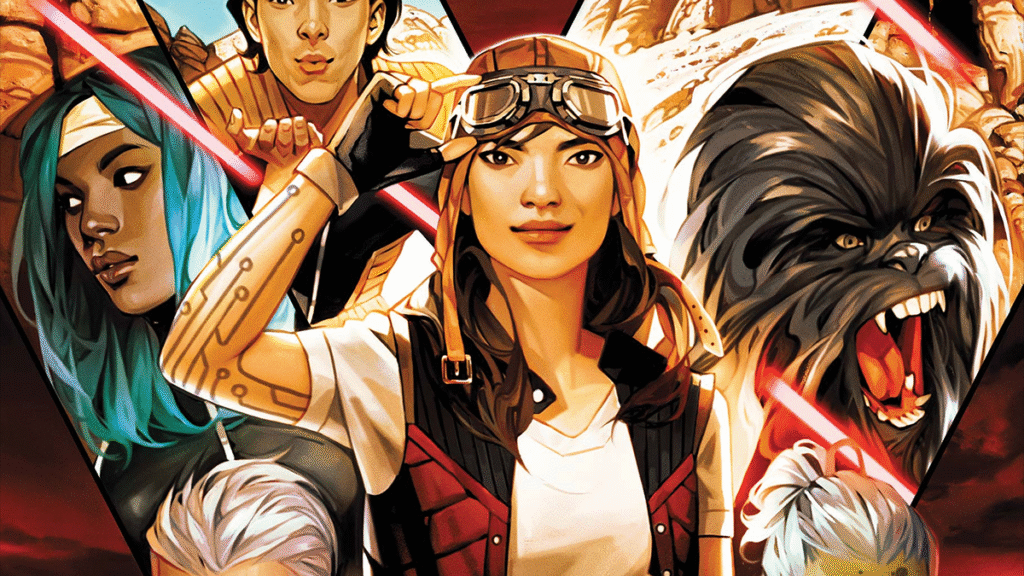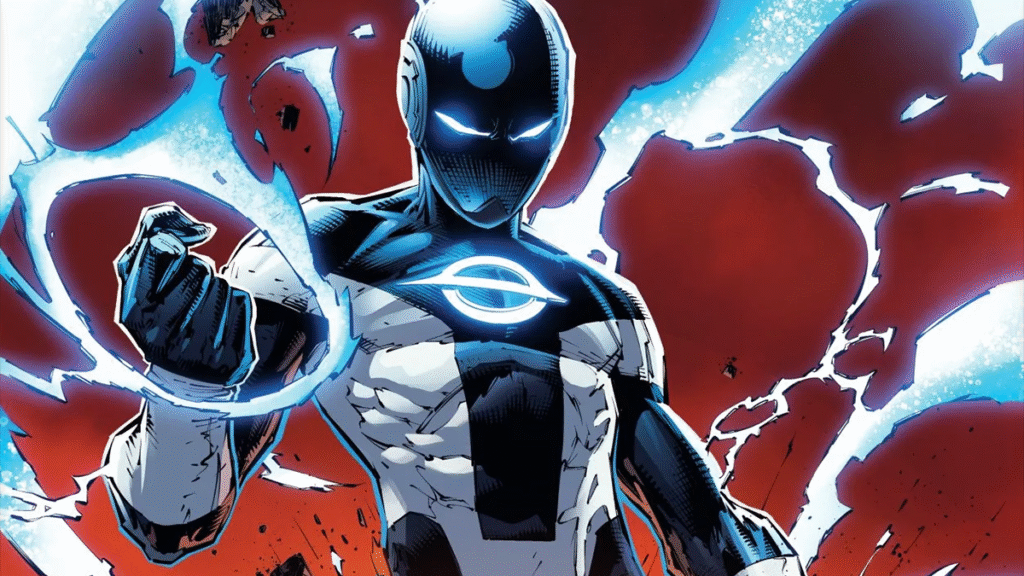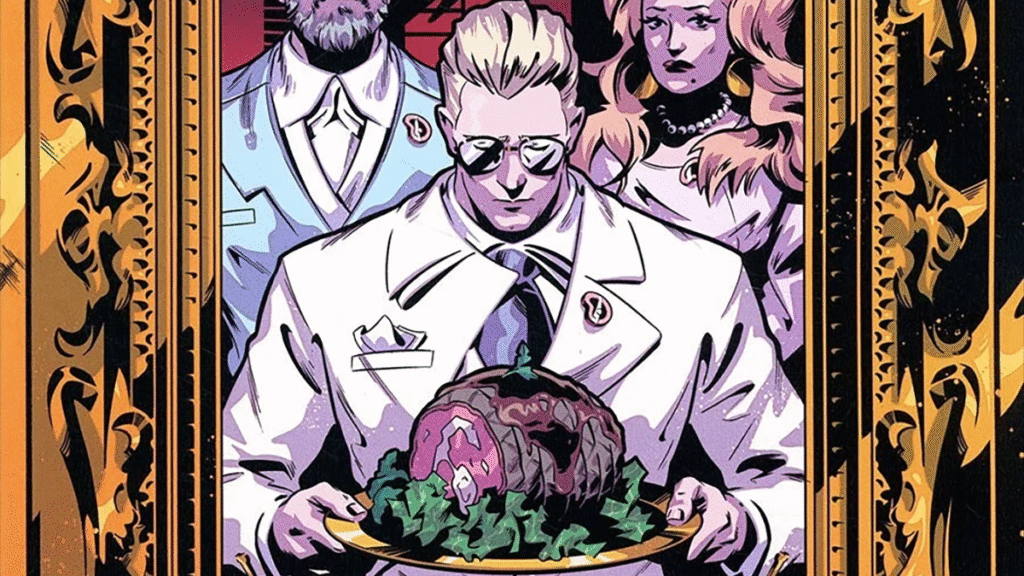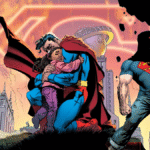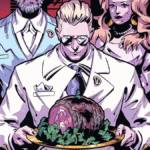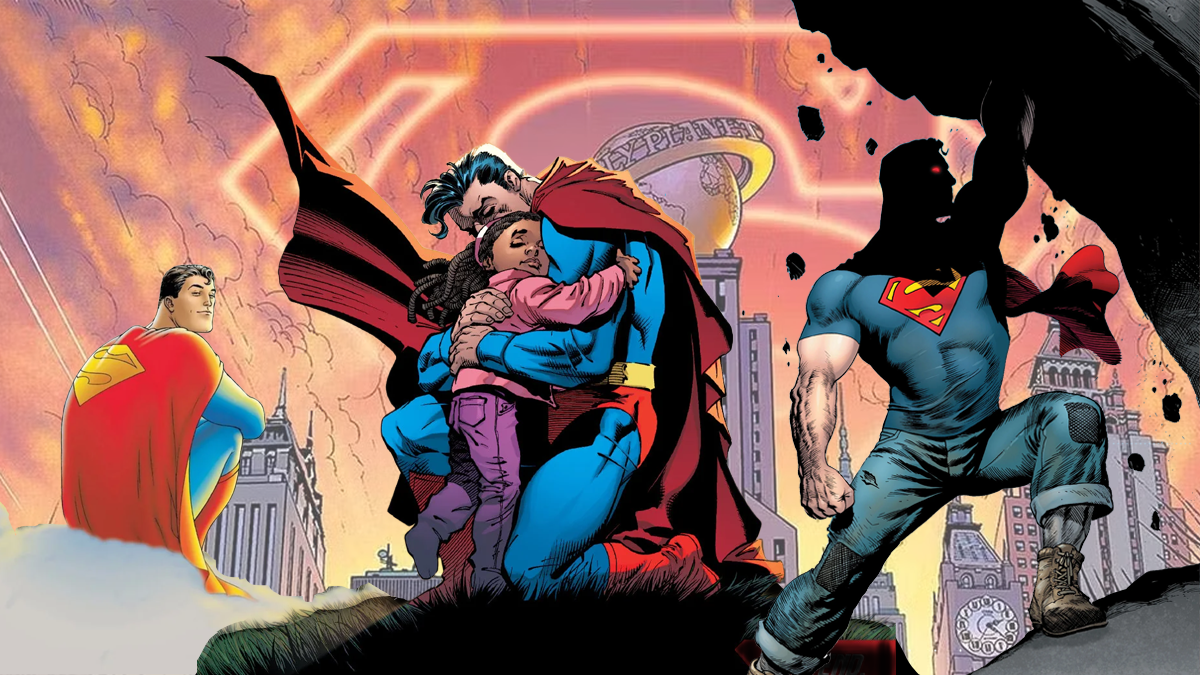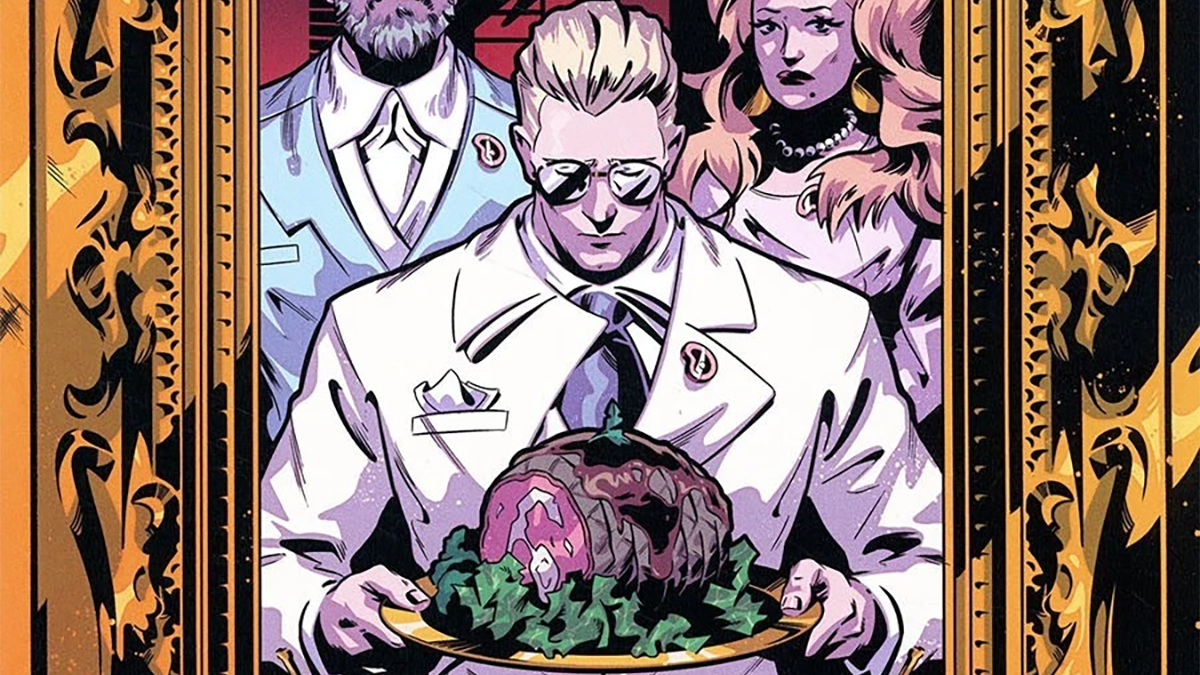Why the X-Men’s Krakoa Era Might Be the Most Important Marvel Story of the 21st Century
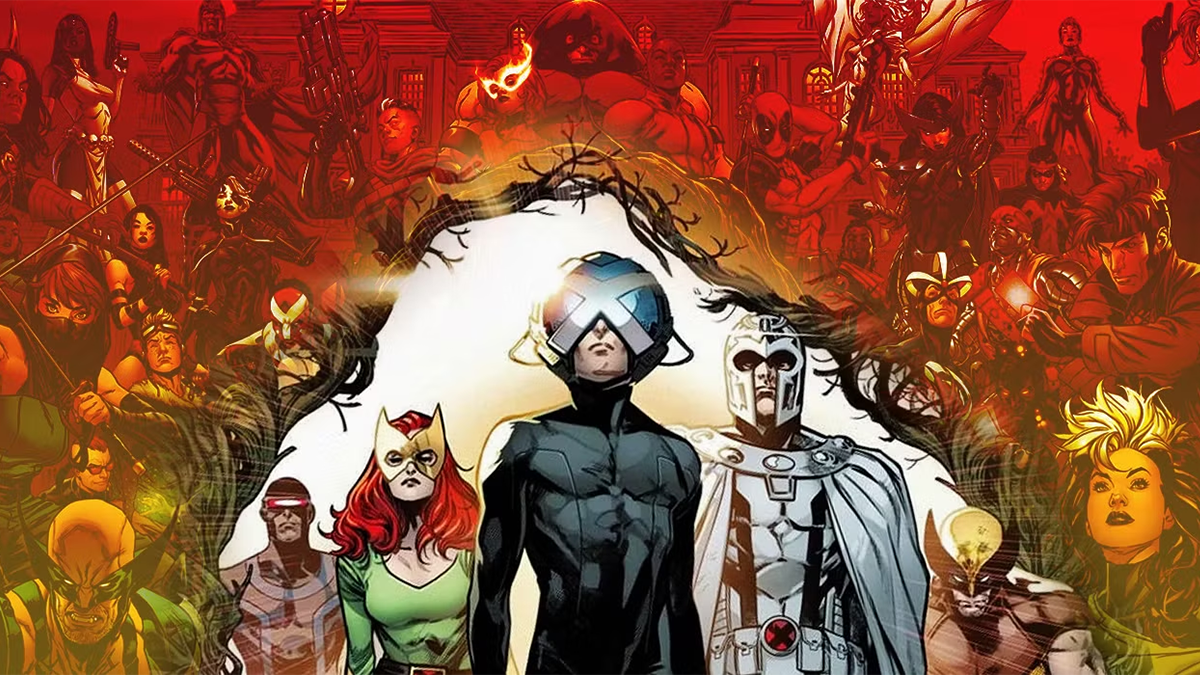
For decades, the X-Men have stood apart in the Marvel Universe, their stories mirroring real-world struggles of identity, persecution, and solidarity. But in 2019, Marvel did something no one expected: they gave the X-Men the power of life and death itself, and allowed them to forge a nation unlike any in Mutantkind’s history. The Krakoa era, launched by Jonathan Hickman in House of X and Powers of X, redefined not only the X-Men but superhero storytelling itself.
Mutants, United
Krakoa isn’t just a new setting—it’s a declaration. For the first time, mutants stopped begging for acceptance. They formed a sovereign nation, created their own culture, laws, and economy (including the now-famous miracle drugs made from Krakoa’s flora), and demanded global recognition. The Xavier dream evolved: Mutants stopped asking for peace. They legislated it, weaponized it, and dared the world to challenge it.
A Story Engine, Not Just a Status Quo
Krakoa transformed the X-Men from a reactive team into a proactive civilization. From Marauders to Immortal X-Men, the line explored politics, religion, resurrection, betrayal, and utopia’s cost. The concept wasn’t static—it encouraged bold, often unsettling questions: Can a society built on resurrection remain moral? What happens when the oppressed become dominant?
Legacy Meets Innovation
What made Krakoa revolutionary wasn’t just the shift in narrative structure, but how it honored X-Men history while flipping it inside out. Long-dead characters returned. Villains like Apocalypse and Mister Sinister became nation-builders. Even Moira MacTaggert was redefined as a mutant with reincarnation powers, changing our understanding of the timeline itself.
The Fall Is Part of the Story
As of 2024, the Krakoa era is drawing to a close with Fall of the House of X and Rise of the Powers of X. But its impact is lasting. Marvel let a flagship franchise break the mold, embrace serialized innovation, and challenge what superhero continuity could do.
Why It Matters
In a time when comic events can feel manufactured or cyclical, Krakoa mattered. It wasn’t just a relaunch. It was a reinvention. It dared to ask: What if the X-Men actually won? And what happens next?
Whether you loved it, hated it, or fell somewhere in between, the Krakoa era will be remembered as the moment the X-Men stopped surviving—and started evolving.


